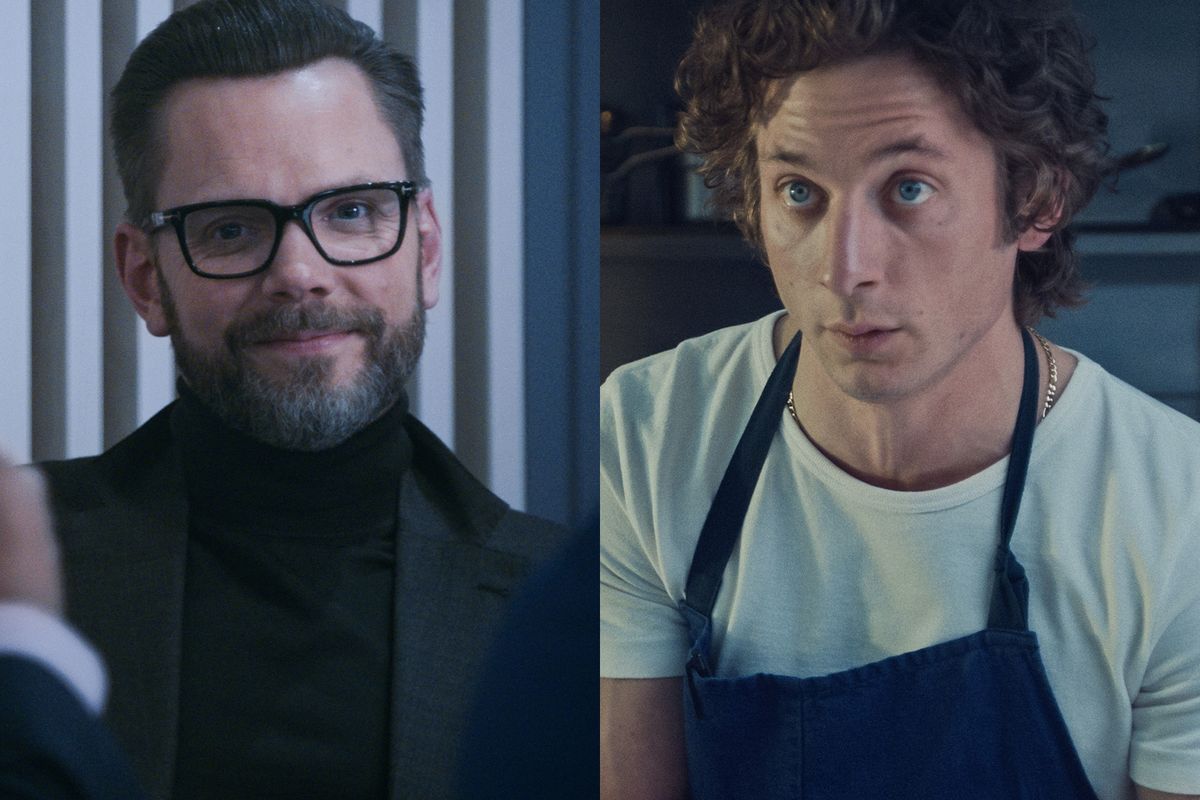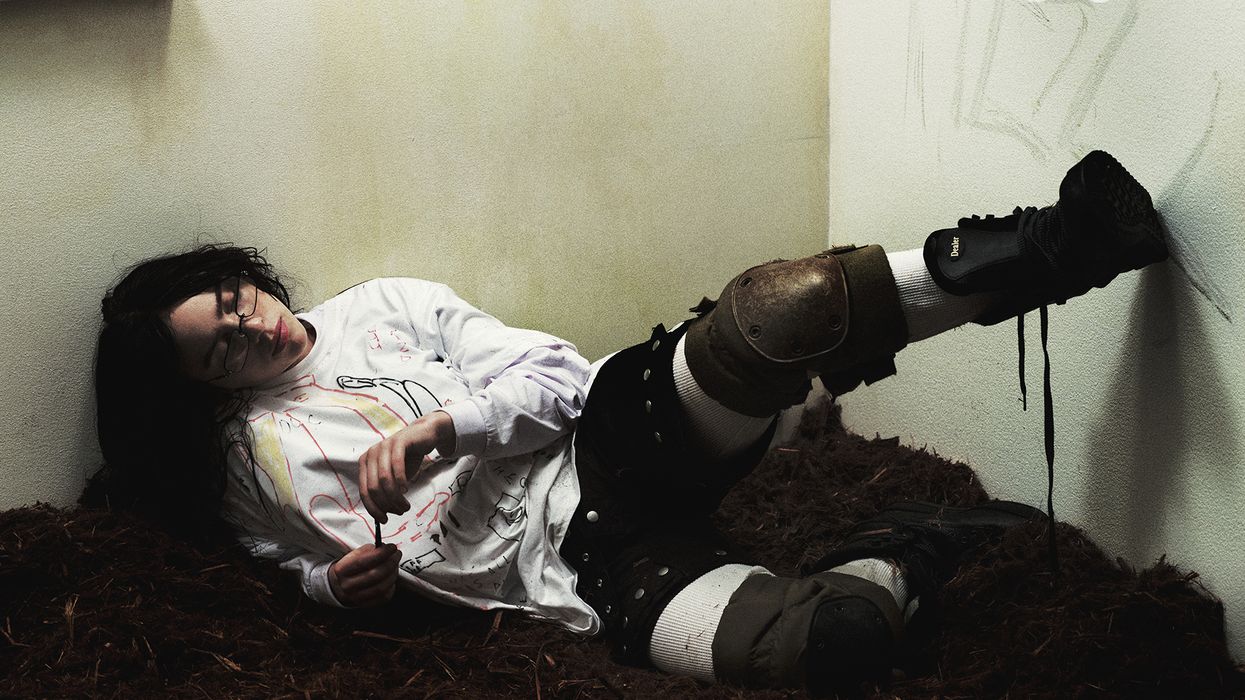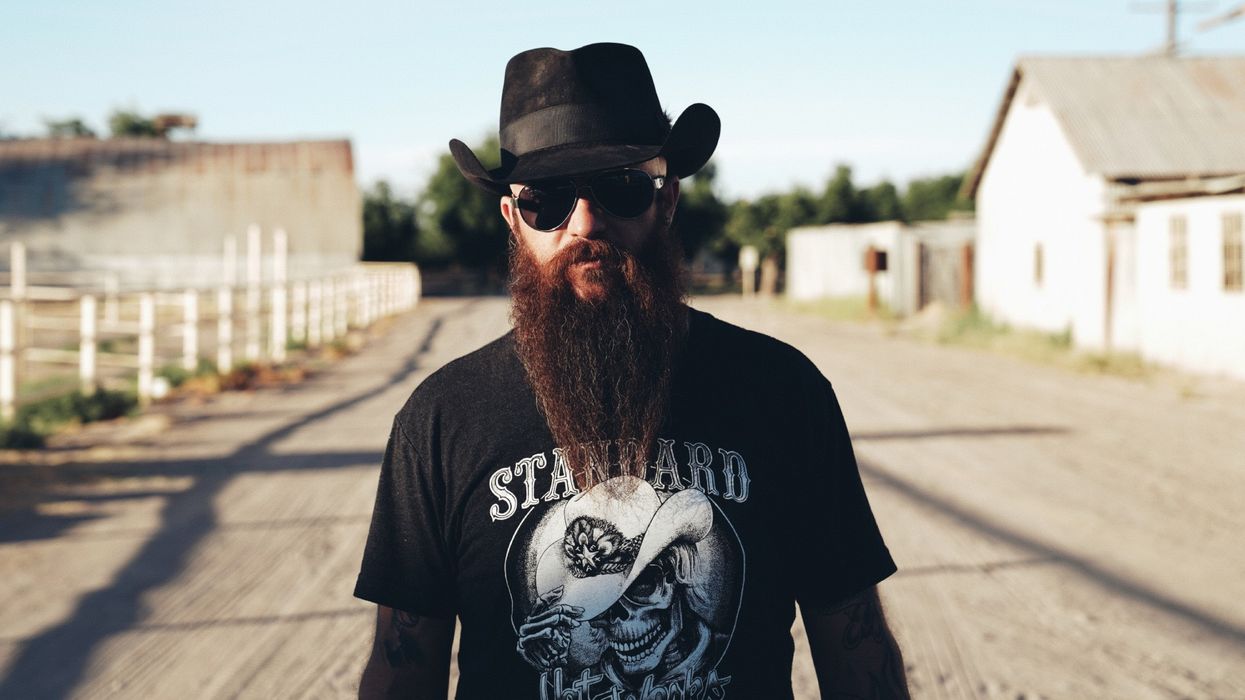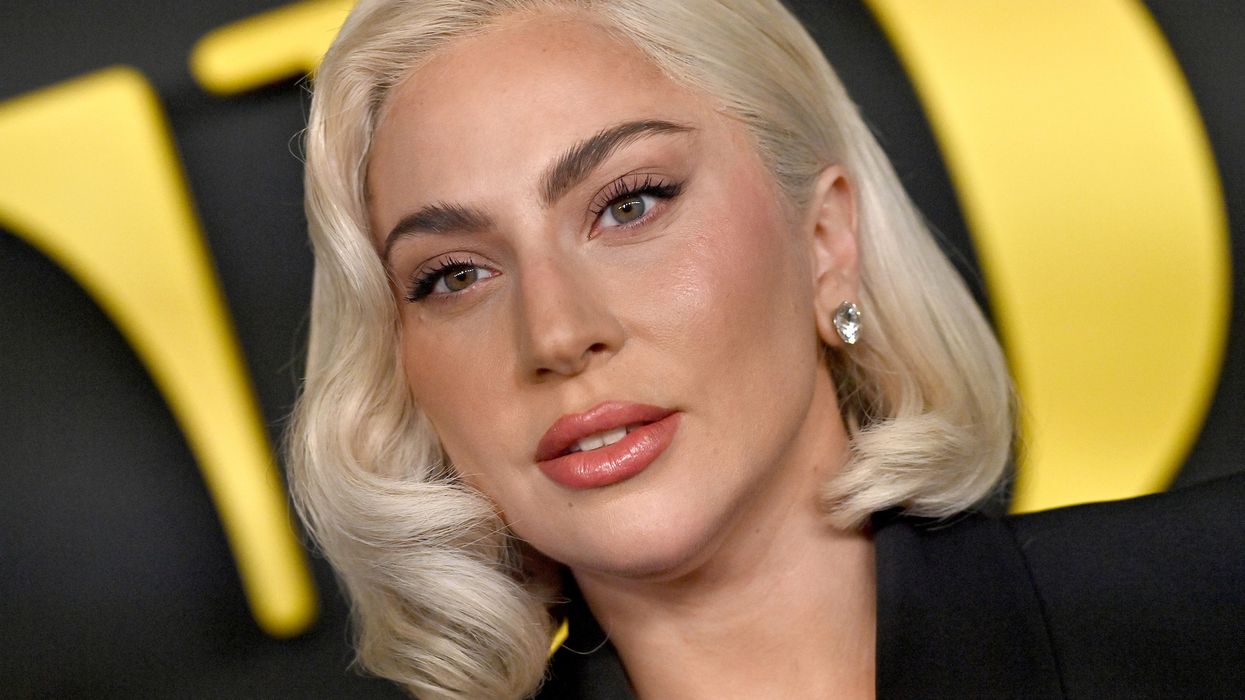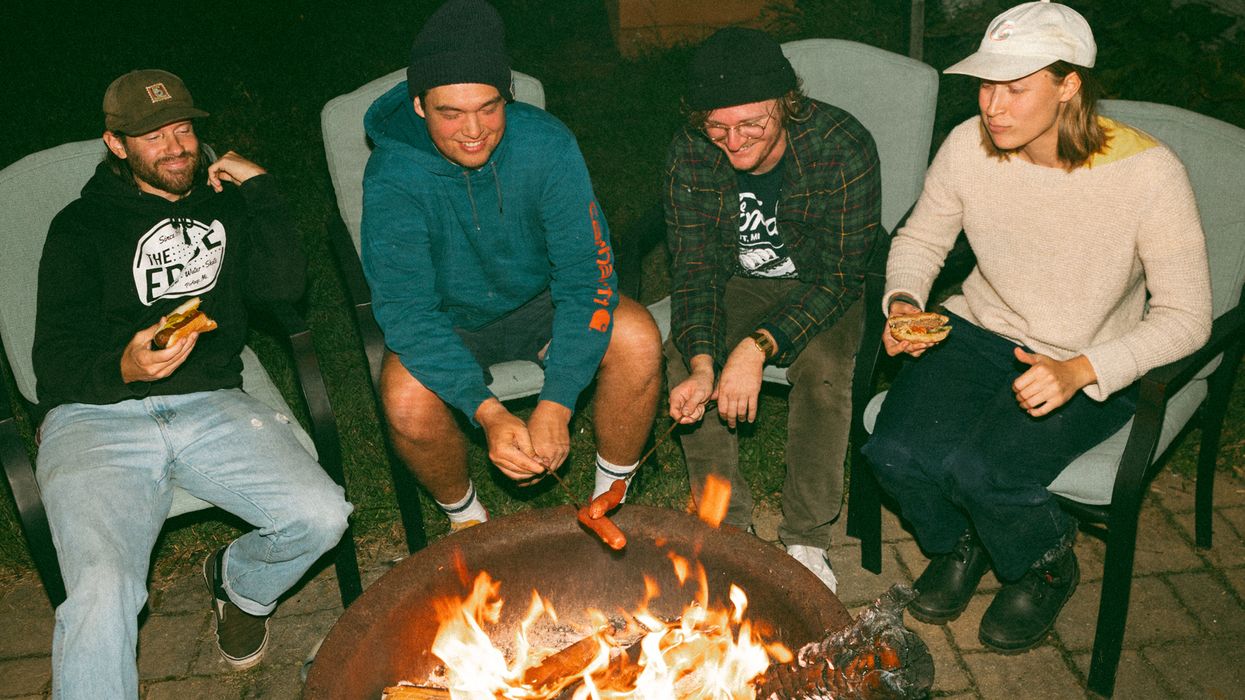I’ve been through culinary school and worked in professional kitchens, and I know it’s easy to nitpick The Bear for certain unrealistic details (Carmy’s utter indifference to food costs being at the top of my list). However, the show also gets a lot of things absolutely right: the razor-thin profit margins that confound restaurant owner Jimmy; the deep anxiety and glowing satisfaction we see on Tina’s face as she works to become a competent fine dining cook; and, especially, the deeply-entrenched culture, adapted directly from European military structure in the late 19th century, in which cooks like young Carmy are lumps of coal, meant to be pressurized by chefs, often through fear, intimidation and humiliation, into diamonds.
It’s a well-worn trope, the tyrannically terrifying chef screaming a young cook into submission, and the war stories get traded for laughs, as in Anthony Bourdain’s classic Kitchen Confidential, the book that broke the whole system open for civilians to see, if they had the stomach for it. About his time as a culinary student, Bourdain writes:
“If there was an Ultimate Terror, a man who fit all our ideas of a Real Chef, a monstrous, despotic, iron-fisted Frenchman who ruled his kitchen like President for Life Idi Amin, it was Chef Bernard … ‘You are a shit chef! he would bellow. ‘I make two cook like you in the toilette each morning! … This is grotesque! An abomination! You … you should kill yourself from the shame!'”
Superstar chef Eric Ripert, in his own memoir, 32 Yolks, has a similar story, but plays it straight about the fear he felt when working for chef Joel Robuchon:
“He was my first truly frightening boss. After one month, I was completely terrorized. Even when I could talk myself into letting go of the emotional part of my fear, I would find myself crippled by the mere prospect of trying to match the pace.”
I was once in love with a chef whose backstory is a lot like The Bear’s chef Carmy Berzatto (Jeremy Allen White). Sensitive, artistic and working-class, he staged for free at a well-respected restaurant, learning the rudiments of high-level cooking while his boss told him every day that he was a worthless piece of shit. After a few months, he was happy to earn a cruel nickname, because it meant he was now part of a team of other guys with cruel nicknames. When he’d been sufficiently trained, his boss sent him on to Daniel — the Manhattan flagship of chef Daniel Boulud, also Carmy’s first stop on his New York restaurant tour — where he worked 14-hour days for the next two years, earning very little money, sleeping on a relative’s couch, wondering if it was normal to have a panic attack every morning. He knew it all felt bad, but he also knew how lucky he was to be in an important kitchen, learning so much, becoming the best he could be at what he loved to do.
“Some of my mentors said and did terrible things to me, but it’s complicated,” he once told me, “because I love them for what they taught me.”
I could relate: On a rare evening together, while I was cooking dinner for us, he noticed me pouring chicken stock into a stainless steel measuring cup.
What the fuck are you doing?” he yelled at me. “Never measure liquid in a dry measure cup.”
“I’m not one of your fucking cooks,” I yelled back.
“I don’t fucking care. Use the right tool for the job.”
However angry and defensive I’d felt, his harsh delivery made the lesson stick. Our romance is long over but now, when I measure liquids, his scolding voice remains in my head, and I use the right tool for the job. Similarly, I use an ultra-light touch when dressing salads, always thinking of another chef, my actual boss who, in a frantic moment of dinner service, held eye contact while tipping a sloppily-assembled plate into the trash, snarling, “Too much fucking oil!”
In both cases, the chefs were right, I was wrong, I was ashamed, and I did it better the next time and the time after that. The medium (intimidation, fear, humiliation) was the message (do it right), and it made its mark. I get it.
In flashbacks, we learn that Carmy was trained by the best: Boulud, René Redzepi, Thomas Keller, the fictional Andrea Terry (Olivia Colman) — all framed as firm but gentle, generous mentors. But the chef whose lessons have penetrated the deepest is Carmy’s own personal demon, the fictional chef David Fields, played as an icy sadist by Joel McHale. In flashbacks, we see Fields quietly, mercilessly destroying Carmy over slight or nonexistent imperfections, telling him sotto voce that he’s slow, worthless, untalented, that he ought to be dead.
Years later, at an industry function depicted in the Season Three finale, Carmy says of Fields, “He’s the fucking worst, and one of the best chefs in the world … total prick, fuckface, bastard. Made me, probably, very mentally ill.” He has the momentary satisfaction of directly calling the chef “an asshole,” to which Fields replies, “You’re welcome. You were an OK chef when you started with me, and you left an excellent chef. So, you’re welcome.”
After Carmy sputters that Fields has given him “ulcers, and panic attacks, and-and nightmares,” Fields counters, “I gave you confidence and leadership and ability. It fucking worked.”
Seconds after the confrontation, Carmy slumps against a wall, alone, his face cycling through a spectrum of reactions — incredulity, terror, devastation, relief, amusement — and we’re left with the question: Was it worth the abuse, to become the chef he is today?
We know from all those lingering shelf shots that Carmy is an avid book collector; watching him insist on “vibrant collaboration” while being precisely as vibrant or collaborative as a cement block, I found myself wishing that someone in his life would replace his Larousse Gastronomique with a copy of Jennifer Romolini’s Ambition Monster. It’s a wrenchingly honest memoir that connects Romolini’s rough-and-tumble childhood to her relentless workaholism in the media and tech sectors, her subsequent debilitating burnout, and hard-won insights on the emptiness of perfection that comes at the cost of contentment. What Romolini has written in a chapter about overwork — “ … those with a predisposition to overwork often grow up in chaotic homes. In adulthood, hyperfocus on their careers creates a sense of control in their lives, allowing them to disassociate from painful memories, from grief” — could have been lifted from an official character description of Carmy. When I finished my concurrent reading of her book and bingeing Season Three, I asked Romolini if she saw a version of herself in him.
“I worked in restaurants for ten years,” says Romolini. “When you’ve had a traumatic childhood, you’re vulnerable to people like [chef David Fields]. You’re craving validation and so trying to be so good; you put yourself in a position where people can take advantage and treat you with cruelty. You’re used to surging adrenaline all the time when you’re a kid in chaos, and restaurants replicate that in a way that feels very natural, that almost puts you at ease, because it’s familiar.”
The chef I’d once loved concurred; he, too, had grown up feeling unsafe and uncertain of who and how the adults around him would be, from day to day. The coping strategies he devised as a kid ultimately informed his kitchen work ethic. He became a people pleaser, doing his best work under brutal chefs, working as hard as he could to try and earn the praise and dodge the abuse.
Was it worth it? I still want to know. Does it have to be that way?
It doesn’t. A few weeks ago, a New York chef, Jamal “James” Kent, died suddenly of a heart attack, at the age of 45. As an artistic, restless teen prone to trouble, he found refuge in kitchens, and like Carmy, he amassed a serious fine dining pedigree, working for and learning from giants like David Bouley, Mario Batali, Jean-Georges Vongerichten, and Daniel Humm. He was at the helm of two critically-acclaimed restaurants, was preparing to open several more ambitious projects in New York, L.A., and Paris, and was writing a cookbook. He was happily married, and the father of two kids.
Right after Kent’s untimely death, I watched a brief video interview with him, from March of this year, in which he laid out a management philosophy distinctly at odds with the old-school, “hurt people hurt people” way. Like Carmy, Kent had his own “non-negotiables,” which included “respecting people, treating people properly.”
Kent was clearly committed to a new kind of kitchen culture, which makes his loss all the more deeply felt, but the slim silver lining of his death, and the attention paid to it, is that perhaps more of his colleagues will take the time to listen to what he had to say, which was:
“I try to be a good human, and I think it’s just a good skill, to be good, and just be nice … I tell young managers … at a high level, you just need to make sure that when an employee sees you walking in the room, they feel safe.”
At the conclusion of The Bear‘s third season, we’re left with a “to be continued” title card, uncertain about whether the Chicago Tribune review will make or break the restaurant for which Carmy has given up everything. For me, the more consequential question is whether he can can get out of his own way to be the kind of leader who breaks the centuries-old cycle of fear, intimidation, and humiliation.
Laurie Woolever is a writer and editor; her memoir, Care and Feeding, will be published by Ecco in spring 2025.
